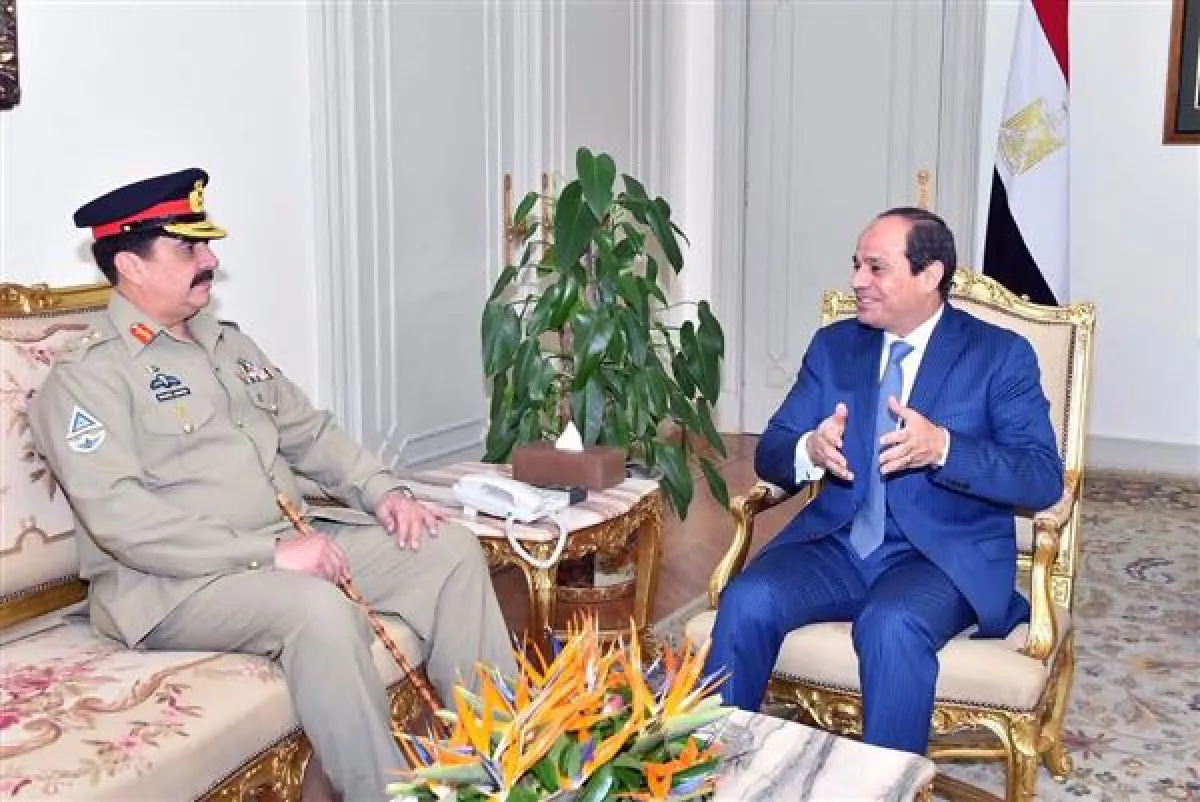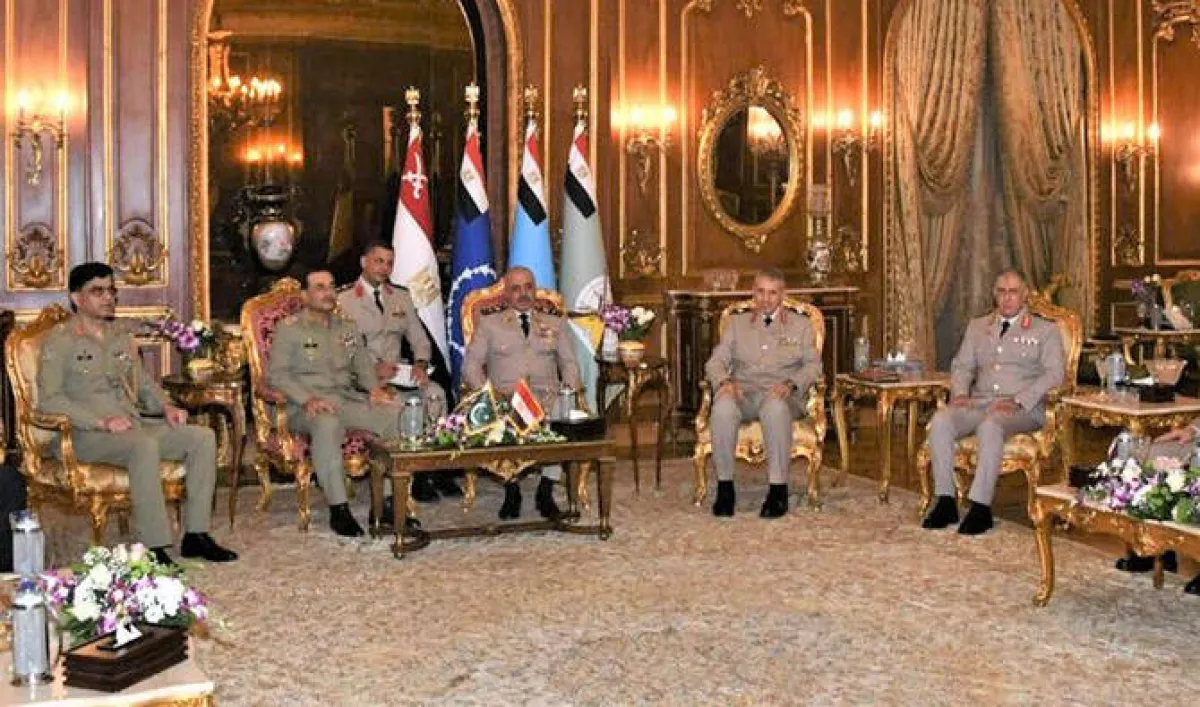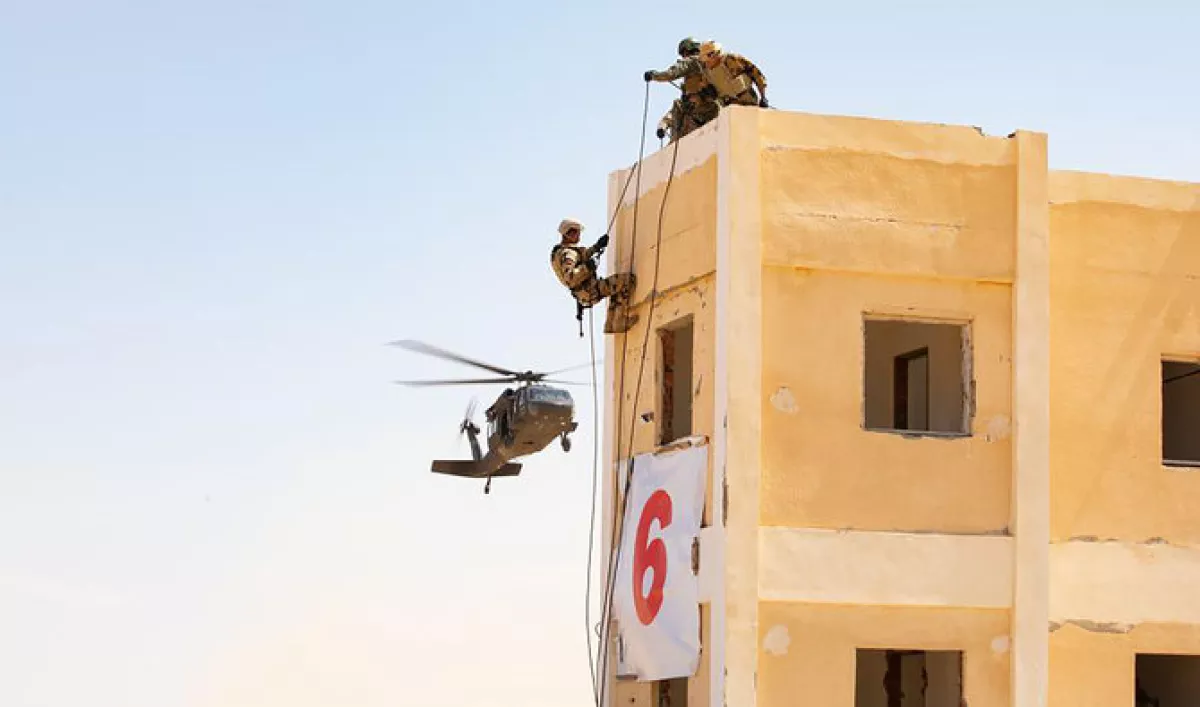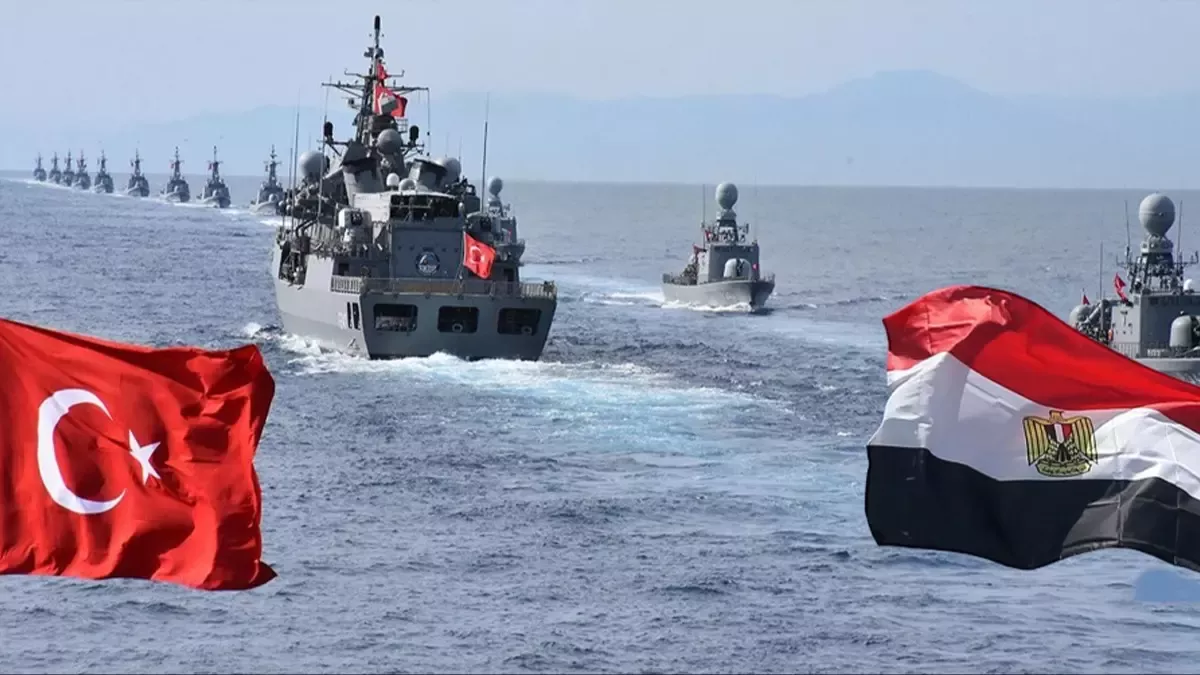Cairo and Islamabad forge alliance for new era From the Nile to the Indus
Amid the rapid geopolitical transformations taking place across the Islamic world in general, and in the Middle East in particular, relations between Egypt and Pakistan are emerging as one of the most important strategic alliances — one deeply rooted in history and culture.
A cornerstone of this partnership is military cooperation between the two countries. Frequent visits by the leadership of Pakistan’s army to Cairo reflect their shared determination to strengthen coordination in security and defence in the face of regional challenges. These trips are far more than mere protocol meetings — their goal is to align a common strategy to counter threats such as terrorism and regional tensions, with a focus on experience exchange and joint exercises. However, this cooperation also carries geopolitical implications, influencing the balance of power in both South Asia and the Middle East.

In July 2016, General Raheel Sharif, then Chief of Army Staff of Pakistan, arrived in Cairo, where he held meetings with President Abdel Fattah el-Sisi, Egypt’s Minister of Defence, and the Commander-in-Chief of the Armed Forces to discuss strengthening cooperation in counterterrorism. This visit underscored the importance of coordination within the framework of the Islamic Military Alliance, led by a Pakistani representative, and resulted in preliminary agreements on cooperation between intelligence agencies and special operations forces.
This was followed by the visit of General Qamar Javed Bajwa in December 2018, which took place amid renewed tensions in Afghanistan and the Middle East. He met with then Commander of the Egyptian Army, Lieutenant General Mohamed Zaki, and the Egyptian side highly praised the experience of Pakistan’s armed forces in counterterrorism. The visit led to the signing of memoranda of understanding on cooperation in the defence industry and personnel training. It also provided an opportunity to discuss mutual assistance in peacekeeping operations, as Pakistani troops had previously served alongside Egyptian forces in missions in Sudan’s Darfur region.

In October of this year, Pakistan’s Chief of Army Staff, Field Marshal Asim Munir, arrived in Egypt, where he met with Minister of Defence Lieutenant General Abdel Majeed Saqr to discuss strengthening regional cooperation in defence and security. Munir described Egypt as a “brotherly nation” and emphasised that the partnership between the two countries would contribute to regional peace. The visit also included a meeting with the Grand Imam of Al-Azhar, Ahmed el-Tayeb, reflecting the religious and cultural dimensions of bilateral relations.
These visits clearly demonstrate a pattern of steady development, with each meeting building upon previous agreements and opening new horizons. Moreover, they reinforce mutual trust and send positive signals to other Muslim nations, showcasing ways to address shared challenges.

In September 2021, units of the Pakistani Army, after a 12-year hiatus, took part in the multinational Bright Star exercises held by Egypt in cooperation with the United States. This participation provided an opportunity to exchange experience in airborne operations and coastal defence. The partnership has also led to the development of joint training programmes on counterterrorism, with Egyptian officers learning from Pakistan’s experience in operations against the Taliban.
Furthermore, the cooperation includes intelligence sharing on extremist groups, particularly in the Swat Valley and the Sinai Peninsula. In addition, Pakistani military personnel have participated in Egypt’s peacekeeping missions under the auspices of the United Nations, reflecting a shared commitment to maintaining stability in Africa.
As for the defence industry, recent years have seen closer cooperation in arms production, with joint projects agreed upon for manufacturing ammunition and military equipment — combining Pakistan’s expertise in missile technology with Egypt’s experience in submarine development. These relations are not without certain challenges, such as the sector’s dependence on external financing, yet they remain an effective tool for strengthening joint deterrence policies. In recent years, memoranda of understanding have also been signed on cooperation in the nuclear and space sectors. Egyptian–Pakistani collaboration in the defence industry has led to the development of advanced radar systems that have enhanced Pakistan’s capabilities in the face of the Indian threat.
At the same time, this military-technical partnership has an impact on the regional economy, as India seeks to strengthen its ties with Egypt through trade deals — yet Egypt’s defence partnership with Pakistan hinders New Delhi’s ambitions for dominance.
Egyptian–Pakistani military cooperation is a crucial factor in bolstering Islamabad’s position vis-à-vis New Delhi in international and regional organisations. Historically, Egypt and India were allies within the Non-Aligned Movement, which raised Pakistan’s concerns about Cairo’s stance on the Kashmir issue. However, as military ties between Pakistan and Egypt have expanded over the past decade, Egypt has adopted a more neutral position.

Cooperation between these countries also intersects with the rapprochement between Türkiye and Egypt, culminating in the Dostluk Denizi 2025 (“Sea of Friendship 2025”) naval exercises involving the armed forces of both nations. These manoeuvres focused on coastal defence and joint operations against maritime terrorism.
In July 2025, Türkiye announced its approval of Egypt’s participation in the fifth-generation fighter jet project KAAN, opening the door to trilateral cooperation that combines Turkish expertise in unmanned aerial vehicles, Pakistan’s experience in missile technology, and Egypt’s capabilities in localised production. This emerging alliance is seen as a counterbalance to Iran’s ambitions in the Persian Gulf and as a mechanism for maintaining stability in Libya and Syria.
Egyptian–Pakistani military cooperation is not merely a bilateral relationship; it represents a vital component in the formation of broader regional alliances aimed at strengthening stability across the Muslim world and the Middle East. A prime example of this is the Islamic Military Counter Terrorism Coalition (IMCTC), which unites 43 Muslim countries under the leadership of Saudi Arabia, with Egypt and Pakistan playing active roles. The coalition was established in 2015 in response to the rise of ISIS, and in February 2025, it signed a memorandum of understanding with the United Nations Office of Counter-Terrorism.
In this context, Field Marshal Asim Munir’s recent visit to Cairo further strengthened the role of the coalition, as both sides discussed integrating Pakistan’s capabilities into IMCTC operations in the Middle East, particularly in response to emerging threats. Such coordination reflects a strategic shift towards flexible alliances, with Egypt seen as a vital bridge between South Asia and the Middle East. At the same time, these bilateral relations are embedded within a broader framework of engagement with the Gulf states—especially Saudi Arabia and the UAE—where the Egyptian–Pakistani partnership serves as a natural extension of the historic Pakistan–Saudi cooperation.
All these regional alliances represent a transition from bilateral partnerships to a networked system of coalitions, enhancing the collective ability to address geopolitical challenges while preserving the national sovereignty of each member state. The rapprochement between Pakistan and Egypt stands as a key catalyst in this process.








